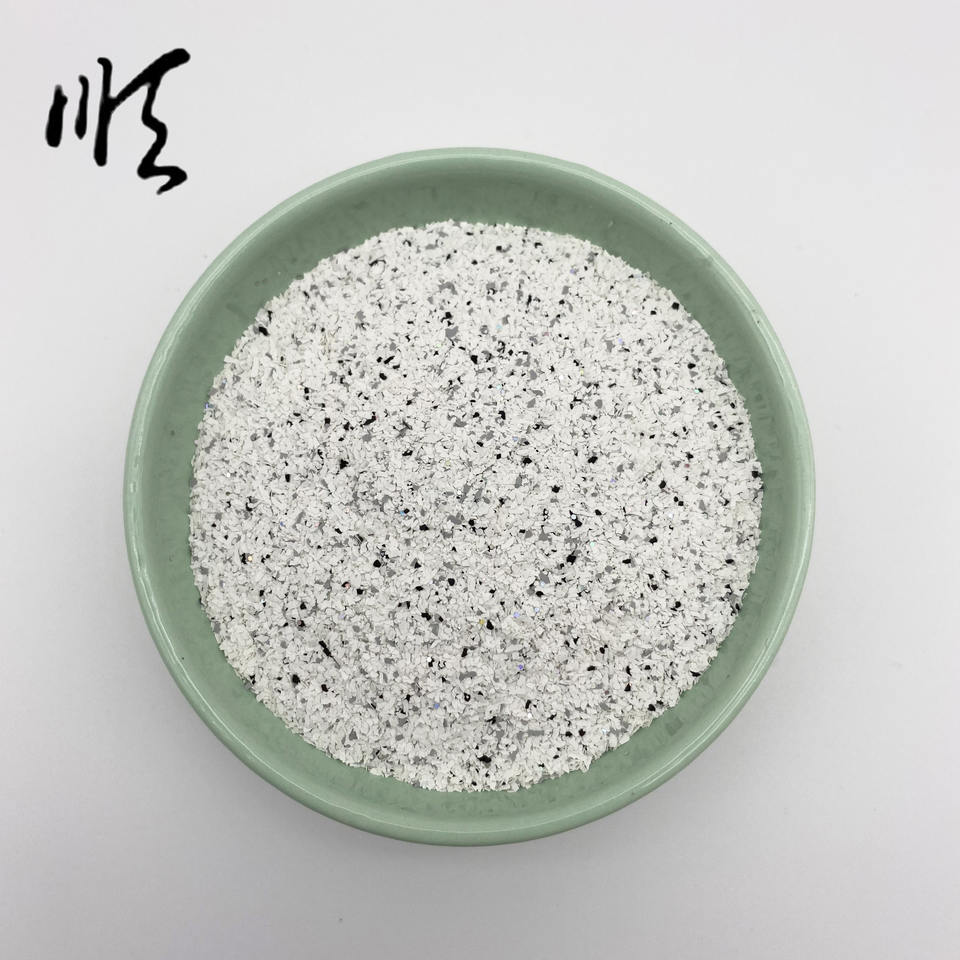
Class F Fly Ash - Properties, Uses, and Benefits
Class F Fly Ash Its Properties and Applications
Fly ash, a byproduct of coal combustion in power plants, has gained considerable attention in the construction industry due to its pozzolanic properties. Among the various types of fly ash, Class F fly ash is particularly notable for its unique characteristics and applications.
Class F Fly Ash Its Properties and Applications
The use of Class F fly ash in concrete offers several significant advantages. First, it improves workability. The sphericity and fineness of fly ash contribute to a smoother mixture, reducing the water demand and making it easier to place. This is particularly beneficial in large-scale construction projects where a high-quality finish is required.
class f fly ash

Second, Class F fly ash enhances the durability of concrete. When used as a partial replacement for Portland cement, fly ash can increase the concrete’s resistance to sulfate attack, reduce permeability, and mitigate alkali-silica reaction (ASR). These properties contribute to the longevity of structures, making them more sustainable and cost-effective over time.
Additionally, incorporating Class F fly ash in concrete contributes to environmental sustainability. By diverting fly ash from landfills and utilizing it as a supplementary cementitious material (SCM), the construction industry lowers its carbon footprint. The production of Portland cement is energy-intensive and responsible for a significant amount of carbon dioxide emissions; thus, reducing the reliance on traditional cement through the use of fly ash can have substantial environmental benefits.
Moreover, Class F fly ash is increasingly used in other applications beyond concrete. Its lightweight and insulating properties make it suitable for various building materials, as well as in the production of lightweight aggregates and soil stabilization. Its application in asphalt pavement is also being explored, where it can improve resistance to deformation and enhance overall performance.
In conclusion, Class F fly ash is a versatile and valuable material in the construction industry. Its pozzolanic properties not only improve the performance of concrete but also promote environmentally sustainable practices. As research continues to expand the knowledge and application of fly ash, it is likely to play an even more significant role in creating resilient infrastructure and sustainable building practices in the future.
Share
-
Premium Pigment Supplier Custom Solutions & Bulk OrdersNewsMay.30,2025
-
Top China Slag Fly Ash Manufacturer OEM Factory SolutionsNewsMay.30,2025
-
Natural Lava Rock & Pumice for Landscaping Durable Volcanic SolutionsNewsMay.30,2025
-
Custom Micro Silica Fume Powder Manufacturers High-Purity SolutionsNewsMay.29,2025
-
Custom Mica Powder Pigment Manufacturers Vibrant Colors & Bulk OrdersNewsMay.29,2025
-
Custom Micro Silica Fume Powder Manufacturers Premium QualityNewsMay.29,2025






